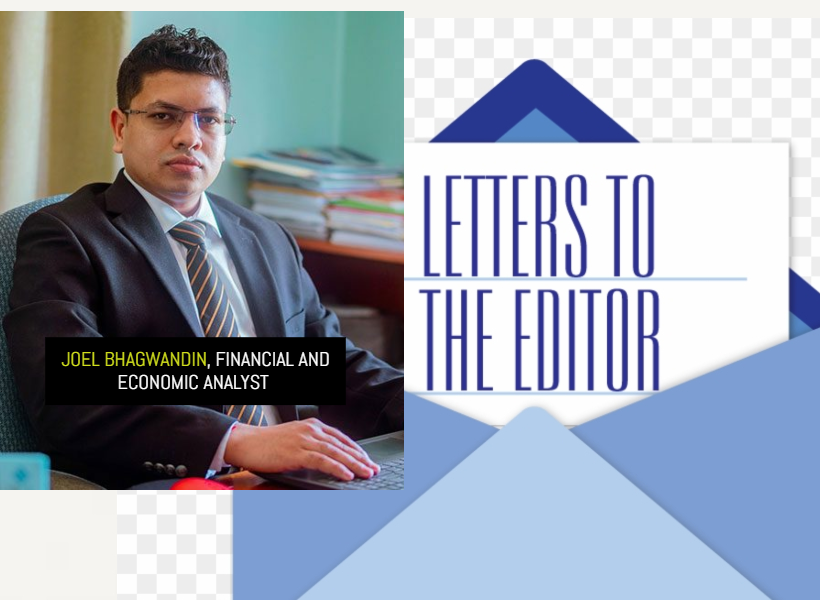Dear Editor,
In a recent press conference, Economic Advisor to the Leader of the Opposition, Elson Low asserted that the second cost recovery audit of ExxonMobil’s US$7.3B cost could reveal more contestable costs.
The advisor further went on to note the magnitude of the questionable sums from the first audit totalling US$214M, while also accusing the government of practicing collusion, negligence recklessness in the audit of the expenses.
Though these are unarguably baseless accusations, it is unclear as to what extent the advisor is attributing recklessness on the part of the Government for the audit―such that, is he implying that the audit is being conducted recklessly, meaning too fast? And while at the same time, registering the opposition’s position that the audit is taking too long? If this is a correct interpretation or deduction, then clearly, these are contradictory positions on the part of the Parliamentary Opposition.
In so far as the sum of US$214M or whatever sum that the audit unearthed as questionable or unjustified to be part of the cost recoverable bank, the Vice President, Dr. Bharrat Jagdeo has already made it clear that those expenses, if not properly justified by Exxon―ought to be removed from the cost bank, thereby effectively increasing the profit oil. Albeit, it is not unusual for there to be deficiencies, but more importantly is that those deficiencies, once uncovered through the audit process, must be remedied and corrective measures be put in place to minimize the recurrence of same in the future.
That said, it is worth highlighting as a reminder―that there have been a number of instances involving public financial mismanagement, misappropriation and unaccountability perpetuated by the former Government during the period 2015-2020. These are outlined hereunder:
i) A perusal of the Auditor General’s reports for the period 2015-2020 revealed that the sum of approximately G$930M was both unaccounted for―inclusive of instances where there was missing payment vouchers;
ii) the controversial US$18m signing bonus, which was hidden, then subsequently transferred to the Consolidated Fund.
iii) the overdraft on the Government deposit accounts totaling G$128B as of September 2020. These sums were unlawfully withdrawn as the former Finance Minister, Winston Jordan effectively circumvented the approval of and scrutiny of these withdrawals by the National Assembly, inter alia, in breach of the Fiscal Management and Accountability Act. Consequently, these were also not reported in the national stock of domestic debt which was subsequently regularized shortly after the incumbent Government assumed office in 2020; and
iv) following the successful passage of the no-confidence motion in December 2018, the Government, in accordance with the provisions in the Guyana Constitution, was deemed to be a caretaker Government. Under this circumstance, the Government, through the former finance minister, had no authority to expend monies from the capital budget. This was nonetheless blatantly disregarded and the full capital budget in 2019 was expended to the tune of G$66B. Of note, this is exclusive of the sum expended during the period January to August 2020.
Altogether, the approximate sum of public funds deemed to be misappropriated, unaccounted for and mismanaged in a reckless fashion amounted to a whopping G$199B or US$1B, representing almost 5 times the audit exceptions of the first cost recovery audit, almost 100% the country’s pre-oil tax revenue, and 25% of the national budget for 2023.
The important point to note is that, on the one hand, the Vice President has already stated categorically how the audit exception (s) will be treated―in a definitive manner. In this respect, the expenditure in question must be properly justified as cost recoverable―in accordance with the Production Sharing Agreement (PSA).
On the other hand, the questionable sum of public monies totaling US$1b or G$200b―have remained unanswered for and/or properly accounted for by the former Government/the Parliamentary Opposition.
Yours sincerely,
Joel Bhagwandin
Financial and Public Policy Analyst













